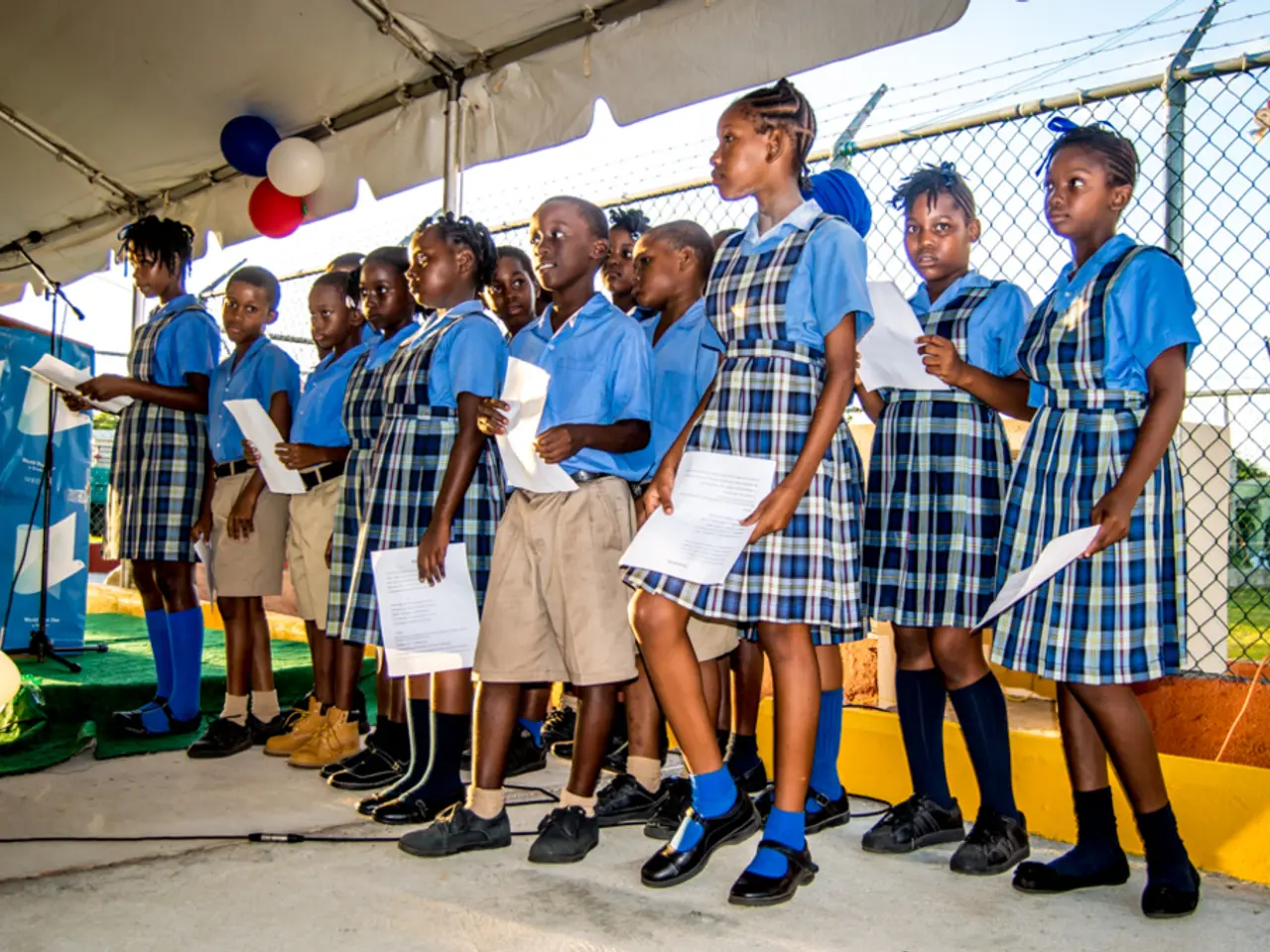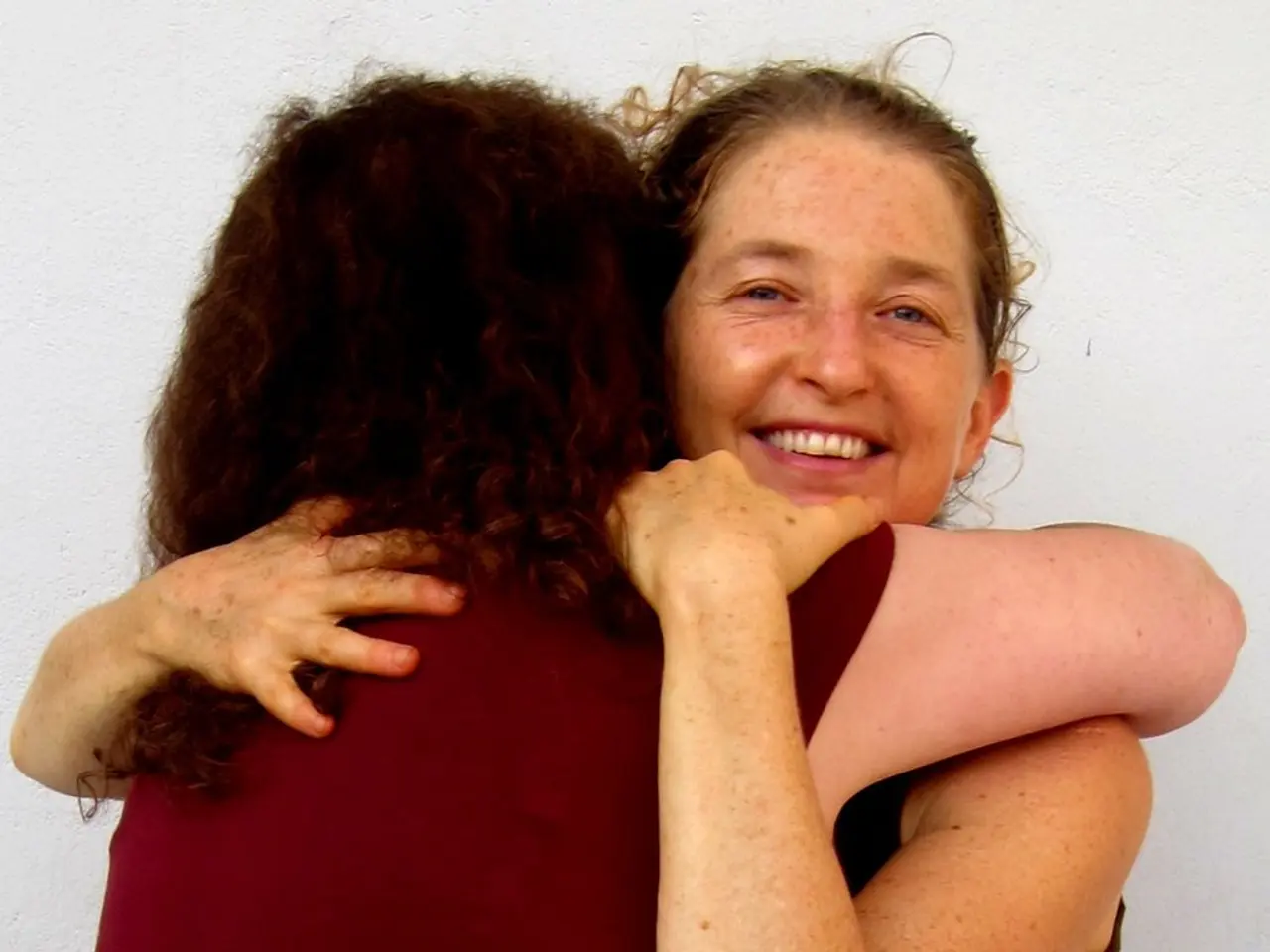Immigrant children are not granted priority in school enrollment
### Title: Fair Admission Criteria in Lisbon's Public Preschool System Addresses Accusations of Privileged Access
In the heart of Portugal, Lisbon's public preschool system has been under scrutiny due to allegations of privileged access for immigrant children. However, a closer look at the admission criteria reveals a system designed to ensure equal opportunities for all.
The enrollment process for Lisbon's public preschools is managed through the "Portal das Matrículas," where parents log in using their Portuguese ID or NIF credentials, select up to five schools in order of preference, and upload required documents. Schools closest to the child's residence are generally prioritized to maintain proximity and ensure equal access for all children.
When it comes to priority criteria, schools consider proximity to the child's residence as a significant factor. This approach ensures that children from all backgrounds have equal access to schools near their homes. In case of a tie in age, priority is given to children with specific educational needs, then to children of underage students. The priority list ends with older children, with the age determined by considering years, months, and days.
When there are not enough spaces for everyone, admission criteria give first priority to children who turn five and four years old by December 31st. Following this, the poorest children are given priority, first to those living in the school's area, then to those whose parents work in the school's catchment area. Children with siblings attending the same school are the third priority.
In response to accusations of privileged access by immigrant children or descendants of immigrants, the National Federation of Teachers (Fenprof) has reiterated that such claims are false according to the legislation. Fenprof also criticizes the inappropriate disclosure of children's names as an attempt to fuel discrimination and hate speech.
To further promote inclusivity, many schools in Lisbon offer bilingual support and integration programs for non-native Portuguese speakers, including immigrant children. Financial assistance is also provided to students in need, regardless of their background, through various subsidies and support programs for school materials and transport.
The Federation condemns hate speech and racism, emphasizing the importance of creating a fair and inclusive environment for all children. By adhering to these principles, Lisbon's public preschool system aims to provide a welcoming and equitable learning environment for all its students.
- Amidst the general news and politics in Portugal, a recent controversy surrounding war-and-conflicts and crime-and-justice arose, accusing Lisbon's public preschool system of providing privileged access to immigrant children.
- Surprisingly, an investigation into the admissions criteria of Lisbon's public preschools demonstrated a commitment to ensuring equal opportunities for all, regardless of their background.
- Consequently, when reports of crime and injustice focused on allegations against certain groups, such as immigrants or their descendants, the National Federation of Teachers (Fenprof) released a statement affirming that such claims were falsified according to the established legislation.







